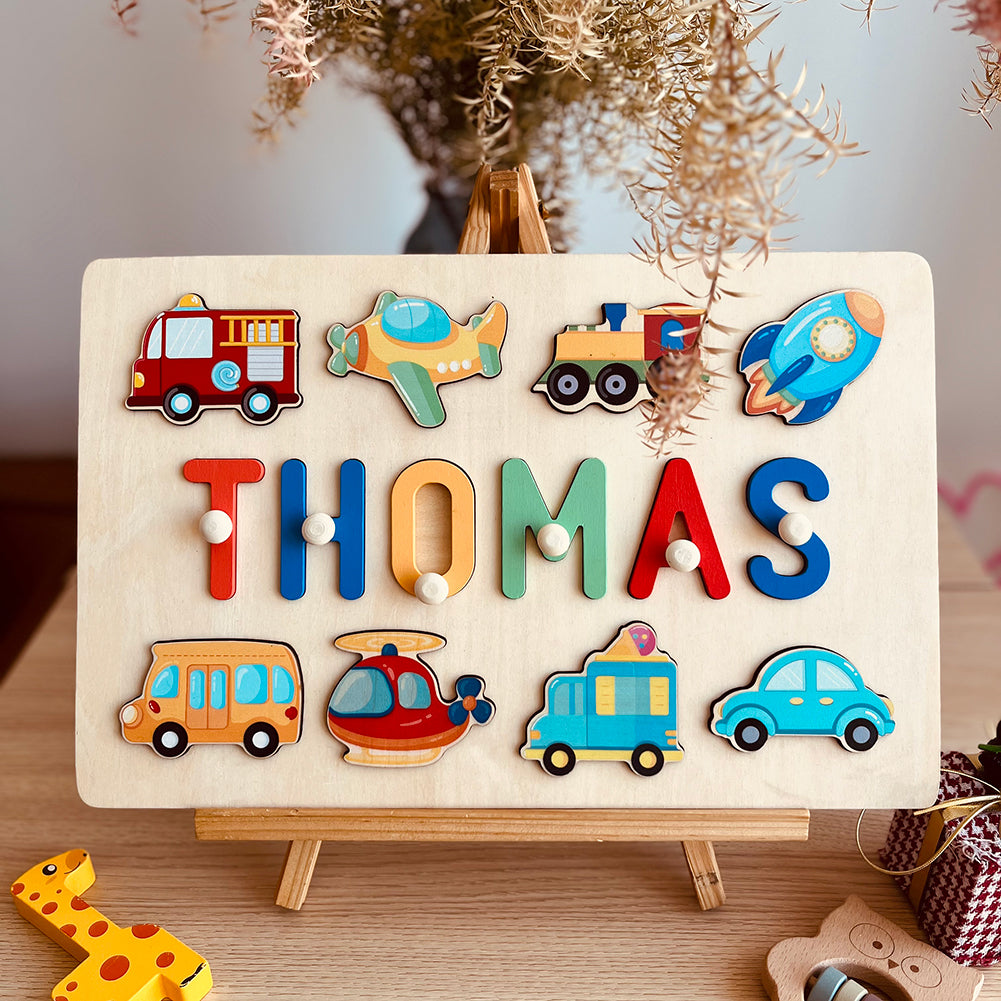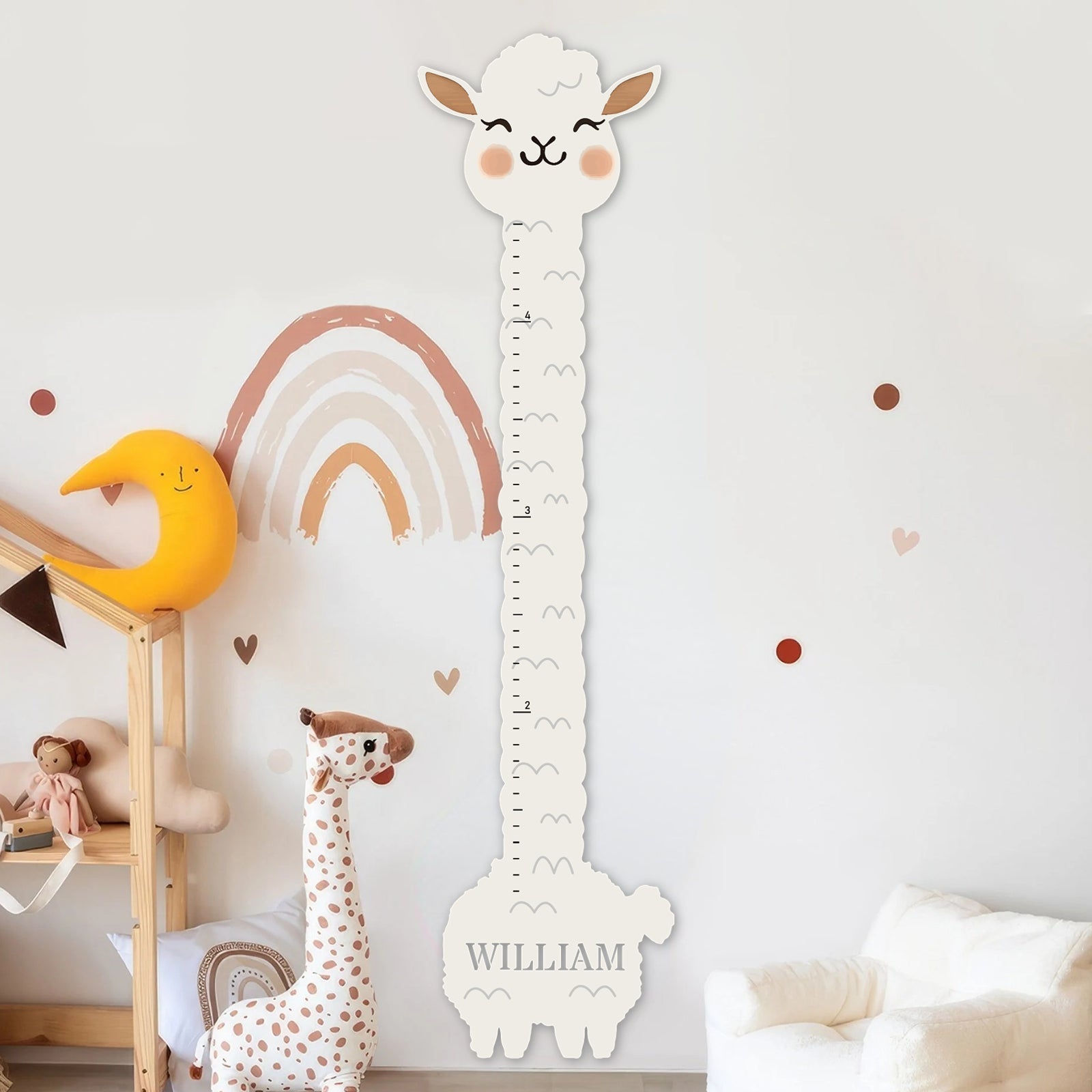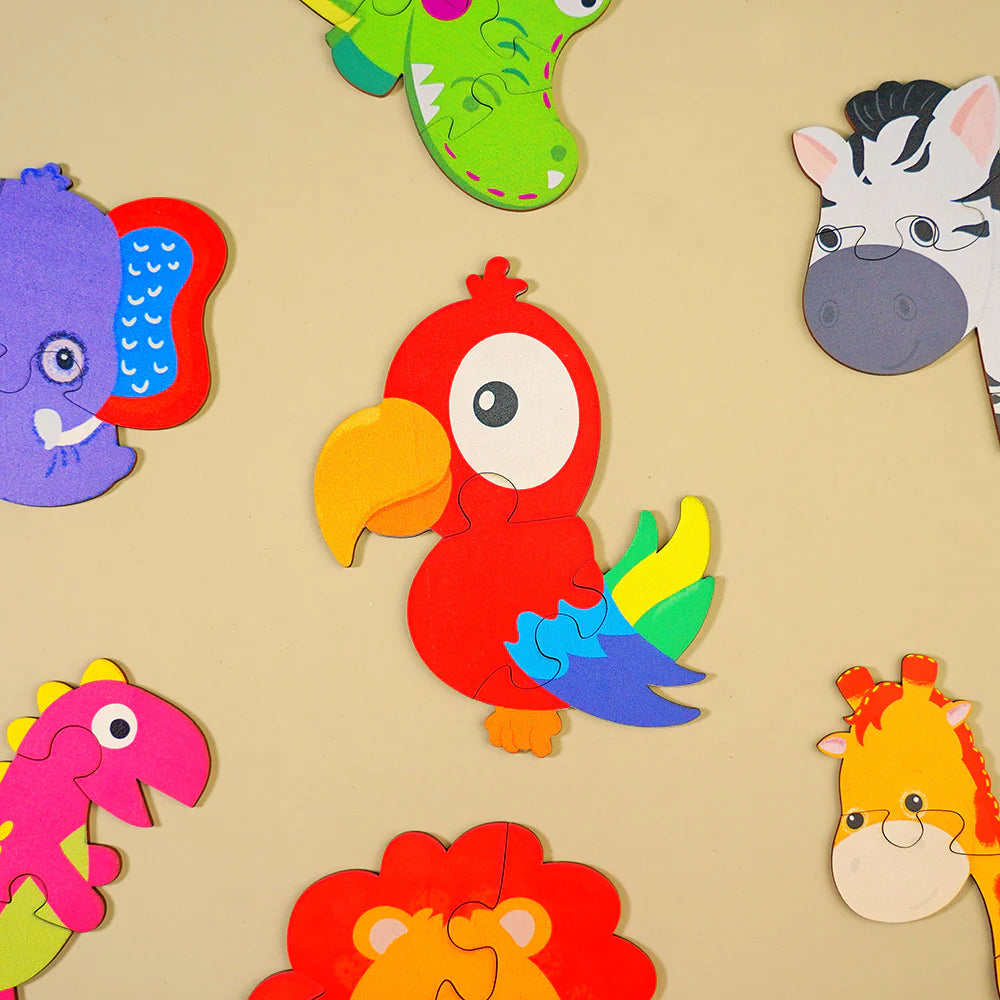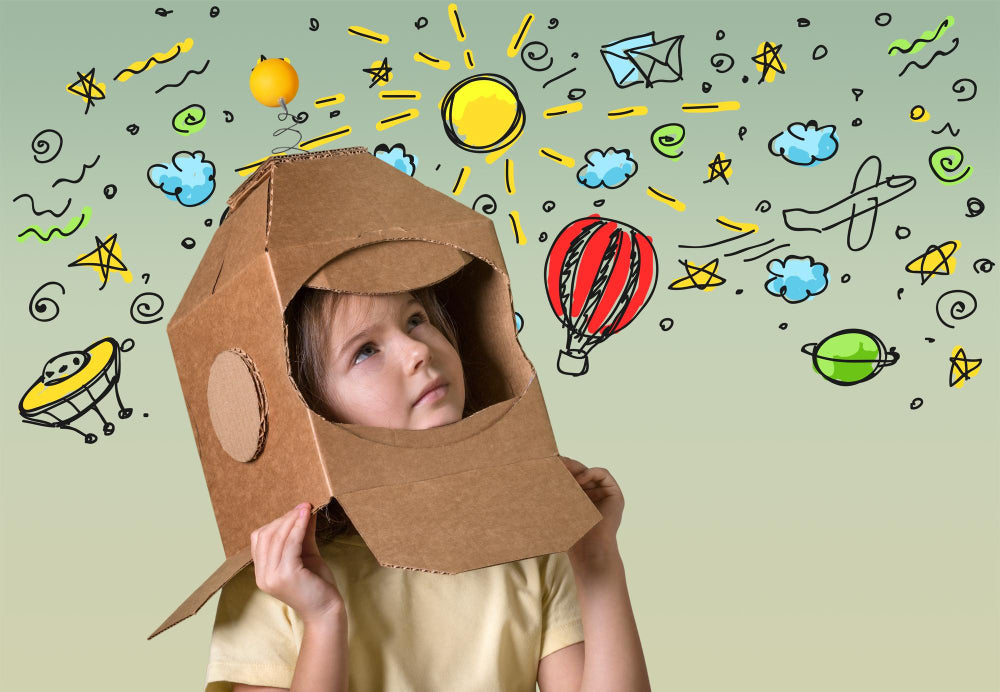As parents, we all want the best for our babies, and that includes instilling good habits that will help them grow into happy, healthy, and well-adjusted individuals. The habits we help our babies develop early on can shape their behaviors for years to come. From healthy sleep routines to positive social interactions, nurturing these good habits can lay the foundation for a lifetime of well-being.
In this blog, we’ll explore key habits to encourage in your baby’s early years and discuss how to avoid some common pitfalls that can lead to undesirable behaviors later on.
1. Establishing Healthy Sleep Habits
One of the most important routines to establish early on is a healthy sleep habit. Adequate sleep is essential for your baby’s growth, brain development, and emotional regulation. Developing a consistent sleep schedule can also bring more calm and predictability into your home.
Encouraging Good Sleep Habits:
-
Create a Consistent Bedtime Routine: Babies thrive on routine, and a consistent bedtime ritual helps signal that it’s time for sleep. A calming routine might include activities like a warm bath, a gentle baby massage, reading a book, or singing a lullaby. Repeating these steps each night helps your baby associate these actions with bedtime, making it easier for them to wind down.
-
Set a Regular Bedtime: Even though babies may wake up several times during the night, having a regular bedtime helps regulate their internal clock. For younger babies, this might mean getting them ready for bed earlier, as they often need 10-12 hours of sleep at night, plus naps during the day.
-
Encourage Self-Soothing: Around 4-6 months, many babies begin to learn how to self-soothe, meaning they can fall asleep on their own without needing to be rocked, fed, or held. To encourage this, try putting your baby down when they’re drowsy but not fully asleep, giving them the opportunity to drift off on their own. This helps babies learn to connect sleep cycles and can reduce frequent night wakings.
Avoiding Common Sleep Pitfalls:
-
Avoid Overstimulation Before Bed: It’s tempting to play with your baby right before bedtime, but too much stimulation can make it harder for them to settle down. Try to keep the environment calm and quiet in the hour leading up to sleep.
-
Watch for Sleep Cues: Babies give subtle cues when they’re tired, such as rubbing their eyes, yawning, or becoming fussy. It’s important to recognize these signs and put your baby to bed before they become overtired, which can make it harder for them to fall asleep.
-
Limit Naps Close to Bedtime: While naps are essential for young babies, make sure they don’t nap too late in the day, as this can interfere with their nighttime sleep.
2. Encouraging Healthy Eating Habits
Establishing healthy eating habits from the beginning is another crucial aspect of your baby’s development. The way babies experience food early in life can shape their eating behaviors for years to come.
Promoting Positive Eating Habits:
-
Introduce a Variety of Foods: As your baby starts solids, introducing a wide range of fruits, vegetables, proteins, and whole grains can help develop their palate and encourage adventurous eating. Offering different textures and flavors also helps prevent picky eating later on.
-
Eat Together as a Family: Babies learn by watching you, and when they see you eating a variety of healthy foods, they’re more likely to want to try them too. Eating together also helps foster positive associations with mealtimes and encourages social interaction.
-
Encourage Self-Feeding: Allowing your baby to explore and feed themselves helps them develop fine motor skills and gives them control over their eating. Whether through baby-led weaning or offering small, soft finger foods, giving your baby the opportunity to feed themselves can create positive eating habits.
Avoiding Common Feeding Pitfalls:
-
Avoid Using Food as a Reward: It’s natural to want to make mealtime fun, but avoid using food (especially sweets) as a reward for good behavior. This can lead to emotional eating patterns later in life. Instead, use praise and attention to reinforce positive behaviors.
-
Don’t Force-Feed: If your baby shows signs of being full or uninterested in food, it’s important not to force them to eat. Babies are usually very good at regulating their hunger and fullness cues, and forcing food can lead to negative associations with eating.
-
Limit Processed Foods: As your baby grows and starts eating more table foods, try to offer whole, unprocessed foods as much as possible. Highly processed snacks and sugary foods can lead to poor nutrition habits and even impact your baby’s taste preferences.
3. Building Good Social and Emotional Habits
Your baby’s social and emotional development is just as important as their physical development. From learning to share to managing emotions, the habits you encourage in these areas will help shape your baby’s relationships and emotional well-being throughout life.
Encouraging Positive Social and Emotional Habits:
-
Foster Secure Attachment: Babies need to feel safe and loved in order to develop a secure attachment. Responding to your baby’s cries, holding them, and offering comfort helps build a strong emotional bond. This attachment forms the basis for healthy relationships in the future.
-
Encourage Social Interaction: Even though your baby is still very young, encouraging them to interact with others (family members, caregivers, or other babies) helps them develop important social skills. Playdates, family gatherings, or even simple face-to-face play with you can help babies become comfortable around others.
-
Model Empathy and Kindness: Babies are incredibly observant, even if they can’t talk yet. They watch how you interact with others and often imitate your behaviors. Modeling kindness, empathy, and patience helps your baby learn these important traits from an early age.
Avoiding Common Social Pitfalls:
-
Avoid Overuse of Screens: While it’s tempting to use screens to entertain your baby, especially during busy times, too much screen time can interfere with social interaction and play. Babies need real-life experiences to develop social and emotional skills, so try to limit screen time and focus on interactive activities like playing, reading, or singing.
-
Don’t Rush Independence: Babies need plenty of attention, affection, and guidance as they grow. While it’s important to encourage independence when they’re ready, it’s equally important not to rush the process. Babies who feel secure and nurtured are more likely to develop healthy independence as they grow older.
4. Establishing Good Habits Around Play and Learning
Play is how babies explore the world and learn new skills. Encouraging a love for learning and creativity early on can set the stage for curiosity and intellectual growth throughout childhood.
Fostering Positive Play and Learning Habits:
-
Provide a Stimulating Environment: Babies are naturally curious, and having access to a variety of age-appropriate toys, books, and sensory experiences encourages exploration and learning. Offer toys that promote problem-solving, such as stacking blocks or simple puzzles, as well as items that stimulate their senses (e.g., soft fabrics, rattles, or mirrors).
-
Encourage Independent Play: While babies need plenty of interaction with you, it’s also beneficial to encourage short periods of independent play. Letting your baby explore toys on their own fosters creativity and builds problem-solving skills. Start with a few minutes at a time, and gradually increase the duration as they grow.
-
Read Every Day: Reading to your baby is one of the best ways to foster a love of learning and language. It also strengthens your bond and helps your baby develop listening skills. Choose colorful books with simple pictures and repetitive text to capture your baby’s attention.
Avoiding Common Play and Learning Pitfalls:
-
Avoid Over-Scheduling: While it’s great to offer your baby enriching experiences, it’s important not to over-schedule their day. Babies need time to rest, explore on their own, and engage in unstructured play. Over-scheduling can lead to stress and fatigue, so try to keep a balance between structured activities and free play.
-
Don’t Focus on Achievement: It’s natural to feel excited when your baby reaches developmental milestones, but it’s important not to place too much emphasis on achievement. Every baby develops at their own pace, and pressuring them to reach certain milestones can create stress for both you and your baby. Focus on enjoying the process of learning and play, rather than the end results.
5. Building Good Physical Health Habits
Developing good physical health habits early in life can help set the stage for a lifetime of wellness. This includes everything from hygiene routines to fostering a love of movement.
Promoting Healthy Physical Habits:
-
Practice Good Hygiene: Teaching your baby good hygiene habits early on helps set the foundation for lifelong health. Make hand-washing a routine after meals and diaper changes, and help your baby get used to brushing their teeth as soon as they get their first tooth.
-
Encourage Active Play: Babies are naturally active and love to move. Encourage your baby to crawl, roll, and eventually walk as much as possible. Daily active play helps build strong muscles and bones and establishes a love of movement.
-
Promote Regular Naps: In addition to a healthy nighttime sleep routine, naps are crucial for your baby’s physical and emotional well-being. Ensuring your baby gets enough daytime sleep helps prevent overtiredness and promotes better overall health.
Avoiding Common Health Pitfalls:
-
Avoid Too Much Time in Baby Gear: While swings, bouncers, and carriers are convenient, it’s important to limit the amount of time your baby spends in these devices. Babies need time on the floor to move and explore their environment in order to develop their muscles and motor skills.
-
Don’t Skip Routine Checkups: Regular visits to the pediatrician are essential for monitoring your baby’s growth and development. Be sure to keep up with vaccinations, growth tracking, and developmental check-ins to ensure your baby is thriving.
Conclusion
Building healthy habits in your baby’s early years is a gift that will keep on giving as they grow. By fostering positive routines around sleep, eating, social interactions, play, and physical health, you’re helping your baby develop a strong foundation for a lifetime of well-being. Remember, babies learn from watching you, so being a role model and offering plenty of love and support is the best way to help your baby form good habits and avoid negative behaviors. Above all, enjoy this precious time with your little one as you guide them on their journey of growth and discovery.





















Leave a comment